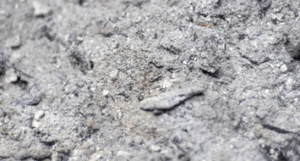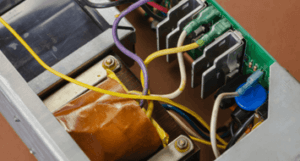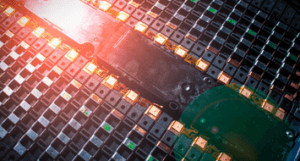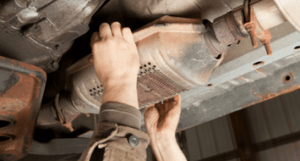FOUR GROWING WAYS TO RECYCLE METALS AND REDUCE EMISSIONS
Metal production requires massive amounts of energy for mining, smelting, and refining – thus contributing significant amounts of greenhouse gas (GHG) emissions. As global demand for metals increases, how can we reduce the environmental impact of metals?
RECYCLE METALS
Recycling plays a huge part in reducing CO2. By recycling metals, we can reduce their overall environmental impact and contribute to a circular economy by reducing the demand for primary metal production.
Here are four growing ways to recycle metals and reduce environmental impact:
1. BATTERY RECYCLING
It is currently believed that only 5% of lithium-ion batteries around the world are actually recycled, meaning there is an untapped source of much sought-after metals in Cobalt, Nickel, Manganese and Lithium, as well as other valuable elements.
2. AUTOCATALYST
Spent autocatalysts contain precious metals such as platinum, palladium and rhodium, and this continues to be a market in which there are significant recycling rates, not only due to the recent all-time high prices of palladium & rhodium but also the historic values of these three metals.
3. INCINERATOR BOTTOM ASH (IBA)
 The Incinerator Bottom Ash (IBA) left behind by the incineration process at EfW plants is an increasingly sought after feedstock for smelters as it contains precious metals such as gold and silver as well as copper which could be recovered for reuse.
The Incinerator Bottom Ash (IBA) left behind by the incineration process at EfW plants is an increasingly sought after feedstock for smelters as it contains precious metals such as gold and silver as well as copper which could be recovered for reuse.
4. WASTE ELECTRONIC AND ELECTRICAL EQUIPMENT (WEEE)
 WEEE can contain a host of extremely valuable metals. For every million mobile phones that are recycled, approximately 16,000 kilograms of copper, 350 kilograms of silver, 34 kilograms of gold, and 15 kilograms of palladium can be recovered. These elements can be extracted and returned to the supply chain, therefore avoiding unnecessary landfill.
WEEE can contain a host of extremely valuable metals. For every million mobile phones that are recycled, approximately 16,000 kilograms of copper, 350 kilograms of silver, 34 kilograms of gold, and 15 kilograms of palladium can be recovered. These elements can be extracted and returned to the supply chain, therefore avoiding unnecessary landfill.
WHAT COULD YOUR RECYCLED METAL BE WORTH?
These materials can have variable metals contents, therefore the best way to understand the composition of your material, and hence the value of your recyclable is by performing a comprehensive analysis.
HOW CAN AHK HELP?
Alfred H Knight is well-positioned to provide expert analysis on the metals content of your materials. With over 140 years worth of experience in metals and minerals, we are trusted by clients all over the world to provide swift and accurate results, enabling global trade and supporting the circular economy.
If you would like to understand the potential value of your metals or how AHK can support your trade, get in touch with a member of our team today using this link.

